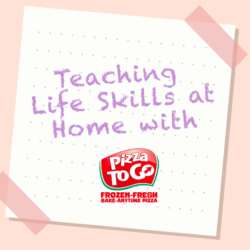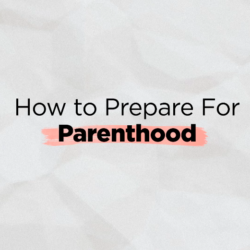When parents make a decision to continue their child’s learning journey at home, one challenge that they could face is socialization, since they won’t be going to school and meeting classmates. But being homeschooled will still give children plenty of opportunities to make friends and relate to others. According to author, wife, and homeschooling mom Joy Mendoza, healthy socialization begins at home for children.
She defines healthy socialization as children getting along with all kinds of people from all walks of life, whether they have different ages or different socioeconomic classes. It also involves relating to their peers, knowing how to behave in social situations, and choosing the right friends and influences, and it all begins at home. Once parents teach their kids values such as being kind to others, being forgiving, reaching out to others, and loving unconditionally at home, they can take these values and practice them even when they are not at home. Here are some tips on how children can practice healthy socialization even when they are at home:
1. Exposing children to different cultures – This teaches children at an early age to understand people from all countries, eat different kinds of food, and appreciate all cultures. It lets them understand that people who are different from them should be appreciated and that they should receive these differences positively.
2. Get involved in ministry experiences – Even though children are homeschooled, there are still opportunities for them to meet and befriend other children, such as those in church. They can hold Bible studies and online meetings where they can learn how to communicate with them, even when they are being homeschooled.
3. Encourage a culture of serving one another at home – According to Mendoza, it is important for children to use to serve the needs of others, which has to start at home. If they see their parents serving the needs of their other family members, they will imitate them and practice these values even outside the home.
4. Creating a culture where there is open communication – It is important for children to feel safe to open up to their parents when they are at home about their hurts, hopes, failures, joys, and other things important to them. If they communicate at home, they will also practice it outside. Being open to other family members allows them to be honest and ask themselves how they can be better and teaches them to ask for forgiveness.
5. Let your kids connect with others online – Even when they are homeschooled, children can still be a part of an online organization where they can contribute and participate. One example of this is participating and joining in learn groups and playgroups with other children.
6. Give your kids a chance to connect with their friends – For older kids, parents can set aside a time for them to chat or call with their friends so that they can communicate with them even when they are schooled at home.
Mendoza says that socialization is a challenge for children whether they are homeschooled or not. A child’s home context and relationships at home determine whether they will socialize in a healthy way, as socialization begins at home. She ends by quoting the Bible in Proverbs 17:17: “A friend loves at all times.”
The important question that parents should ask themselves is whether their child can learn to be a blessing to others while socializing with people from all walks of life. For more parenting tips, you can watch episodes of Teach with Joy or visit Plus Network on Facebook, Instagram, Twitter, and YouTube.




